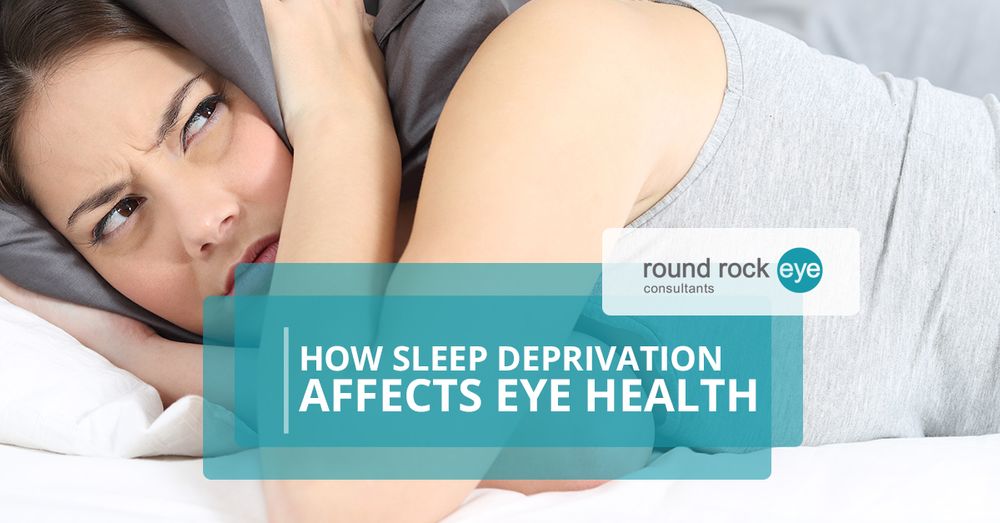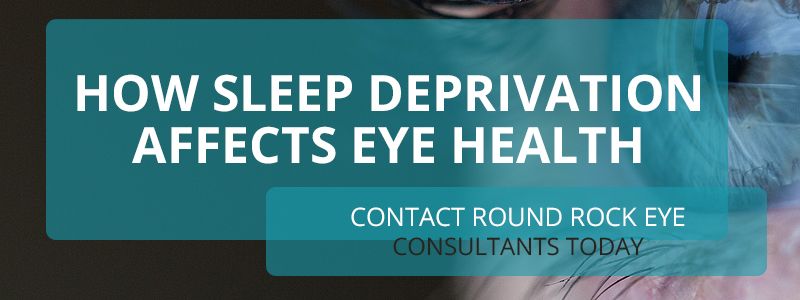We’ve all been there, we drag ourselves out of bed only to remember that we went to bed late and got less than seven hours of sleep. Doctors have always stressed the importance of an adequate night’s sleep and its effects on your general health and well being. According to a Center for Disease Control and Prevention (CDC) study, more than 40 million Americans get less than six hours of sleep each night. Although most Americans understand that sleep deprivation can have side-effects on your health, many people don’t know that it can affect your eyesight.
Eye spasms
In order to be full replenished, your eyes need at least five hours of sleep per night and without that, they won’t be able to function properly. A common sign that you haven’t been getting enough sleep is that you’re experiencing eye spasms. Spasms will occur in your eyelid and are involuntary twitches that can not only be distracting, but can be a sign of other health issues. These spasms are known as myokymia and typically don’t occur in people who are well rested and have had over seven hours of sleep.
Popped blood vessels
Another issue more severe than spasms is popped blood vessels. Also known as subconjunctival hemorrhage, popped blood vessels aren’t directly caused by a lack of sleep. Most often, this is caused by violent coughing, sneezing, strain, or vomiting. However, not getting a full night’s sleep will cause your eyes to be strained and increase your chances of this happening. You should speak with an ophthalmologist today if you believe you may have a popped blood vessel in your eye.
Dry eye
Dry eye is another eye symptom related to a lack of sleep. Dry eye is a condition where someone doesn’t have enough tears to lubricate the eye. Since tears are necessary for your eye to function properly, this can lead to increased risk of eye infection and difficulty seeing. When you get a lack of sleep, your tear production may be set off balance either reducing the amount of tears you’re producing or resulting in a poor quality of tears.
Tears are made up of three different layers: oil, water and mucus. Each plays a role in protecting the front surface of your eye. The oil prevents evaporation of the water, and the mucin spreads the tears across the surface of your eye. If any one of these factors is missing or out of balance, it may lead to dry eye.


